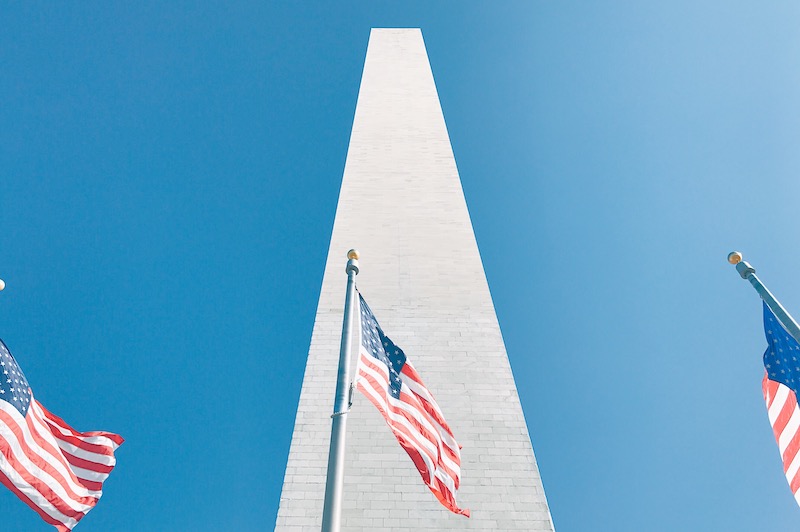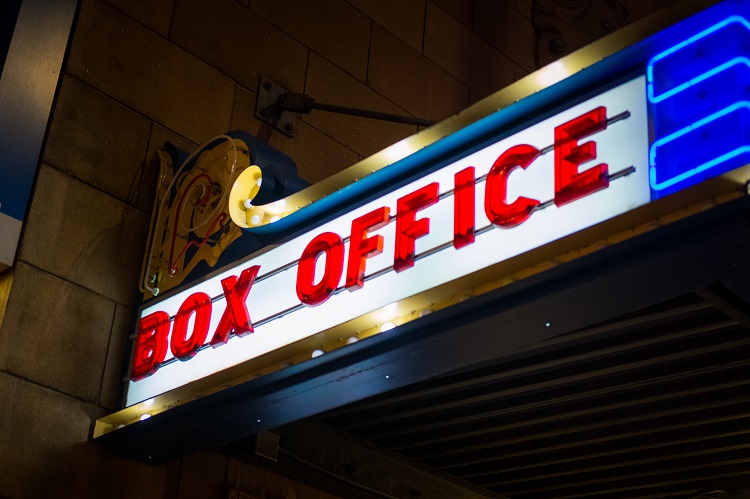In 1951, 25-year old William Buckley wrote God and Man at Yale, the book that would launch his career as perhaps America’s most popular and influential conservative throughout the rise of the modern conservative movement in the second half of the 20th century. Yale, it seems, was considered the reliably conservative member of the Ivy League; a place where both Christianity and conservatism were assumed and imbued throughout the curriculum and co-curricular activities (student newspaper, clubs, etc).
The administration propagated this picture of Yale to encourage their vast, wealthy, and powerful network of alumni to continue to support the university. A recent graduate, Buckley wrote God and Man out of disgust for the incongruence between the Yale that Yale was selling and the Yale that actually was. Far from being a bastion of Christianity and conservative values, Buckley experienced an education dominated by proponents of Marxist ideology in every academic sphere.
Sixty years later is there any doubt that the leftist ideological atmosphere that Buckley exposed is ubiquitous in American higher education? There is a great irony in the fact that diversity and multiculturalism are the penultimate values espoused by schools where the vast majority of faculty self-reports to be Liberal. “Academic freedom” has become an ironic phrase that masks the reality of the protectionist tendencies of liberal elites. A former colleague of mine who spent time teaching in the history department at the University of Colorado in Boulder once lamented, “Jesus Christ himself couldn’t get tenure at UC.”
The pervasiveness of liberalism in higher education is hardly news. But what few seem to realize is that this reality is not confined to big state universities and East Coast elite ones. The preponderance of liberalism throughout the Council of Christian Colleges and Universities would shock and anger the majority of parents who send their kids to these schools. Indeed, God and Man at Wheaton is a book clamoring to be written.

After completing my undergraduate degree at Wheaton College, a masters of education in College Student Affairs at Azusa Pacific University, working at Colorado Christian University for two years, running a series of educational programs for CCCU schools that has included visits to dozens of member institutions, and attending multiple conferences for professionals in the field, I have experienced this liberalism first-hand over and over.
There was the time I was invited to stop talking after a question posed to a professor in my “Diversity in Higher Education” course at Azusa Pacific who was teaching that there is no room to condemn homosexuality in Christianity. In 2010, Messiah College hosted the annual conference of the Association of Christian in Student Development, where I listened as David Shenk delivered a keynote recalling the time he apologized to Iranian president Mahmoud Ahmadinejad on behalf of all Americans for our inability to demonstrate the “kindness” and “willingness to dialogue” he had shown. In four years at Wheaton, I read Chinua Achebe’s Things Fall Apart in three different general education courses and not a single word from Burke, Bastiat, Tocqueville, Smith, or Hayek. Of course, it would take too long to list the numerous chapels, conferences, and events on social justice I attended, though, I admit, I never actually slept in a box on the quad.
There are, of course, islands of right-thinking on these campuses. At Wheaton, the business department was a safe place to get a breath of fresh air while I was a student and the new Hastert Center is gaining momentum as a voice for virtuous markets and conservative public policy. I’m sure the same could be said of individual professors or departments at most Christian schools, but these exceptions only prove the rule.
Here’s a test: name a popular Christian thinker who isn’t a pastor or theologian. Jim Wallis? Shane Claiborne? Donald Miller? Tony Campolo? Rene Padilla? Brian McLaren? Derek Webb? All espouse a political ideology that is at-odds with the culture of free enterprise. And all garner honorariums on the Christian college lecture circuit.
There is no popular counterpart voice for conservatism in Christianity today. Our pastors and theologians are either liberals or closet conservatives who have intentionally sought to avoid being associated with a political ideology. Given the baggage of the old “Religious Right” this trepidation is understandable. Given the significance of the issues, it is also unacceptable. Until rising stars like Jay Richards, Anthony Bradley, Matthew Anderson, RJ Moeller, and Joseph Sunde begin to be recognized for the contributions they are already making, the dearth of leading Christian advocates of conservatism must be dealt with. It is into this space that a handful of small Christian colleges have stepped, including Colorado Christian University, Houston Baptist University, and The King’s College.
In his recent essay Whose College? my friend Jonathan Fitzgerald laments that The King’s College, his former employer, has become “an institution that is less interested in imparting a well-rounded education to its students, and much more concerned with graduating a particular kind of politically conservative Christian, cast in the image of its prominent administrators.” He goes on to say that King’s “seems less like a college and more like an experiment in proselytizing as pedagogy, to the detriment of the intelligent, hard-working students that I came to know during my brief tenure there.”
Fitzgerald knows The King’s College better than I, but I have visited a number of times in the past year and a half and have spent considerable time with former provost Marvin Olasky, members of the faculty and staff, and students. It is a wonderfully innovative place, replete with professionals of the highest caliber and students who could compete with the best and brightest at Wheaton. (Or Notre Dame or Yale for that matter). My experiences lead me to conclude that Fitzgerald is not wrong about the school’s influential ideological touchstones. Where his argument goes off the rails is in the assumption that King’s, or any school, must sacrifice academic excellence in order to stand firm about guiding principles.
I’m sure that as a self-professed liberal, Fitzgerald chaffed against the conservatism in the air during his times on campus. What a wonderful opportunity for him to experience what so many advocates of diversity say is good for us: to walk a mile in another’s shoes! His devotion to his ideology hinders his ability to appreciate that King’s students are receiving an outstanding education. Mos t of us conservatives acquiesce to the truth that a student can receive a quality education at a place dominated by left-leaning faculty and staff. Why can’t a member of the Left acknowledge the same? If an ethos of liberalism doesn’t detract from educational quality, neither does an ethos of conservatism.
Fitzgerald is also wrong to mistakenly assume that a driving ideology and ethos is akin to indoctrination. Of course, that’s not the case. We need not look very far to see one shining example of the unique human ability to make up our own mind. Fitzgerald’s friend and co-conspirator at Patrol, David Sessions, is a graduate of Patrick Henry College. Patrick Henry was profiled in the book God’s Harvard and may have been the first evangelical school to do something like what King’s is now doing. Nevertheless, Sessions has found his niche writing left-leaning articles all over the internet, including for Slate. He has experienced tremendous success at a young age and developed a sphere of influence, just as the folks at PHC hoped, but certainly not with the ideological bent most of the faculty and staff there adhere to. David has a brain and he came to his own understanding.
My own life is another clear example of the limits of faculty influence. I was unable to reconcile the liberalism I heard in class and in chapel with my inherent perception of how things ought to fit together. I just didn’t buy it. It wasn’t until after graduation that I heard Michael Novak speak and read Thomas Sowell and discovered a framework that made sense of my faith and the formation of society that had never been presented to me in college.
Obviously, my point is not that the political orientation of a place doesn’t matter. College is a time during which students cement their understanding of themselves and the world. These years can determine the course of a lifetime of decision-making. The content of the curriculum matters greatly in informing student opinion. As does the guiding philosophy of the Student Activities Office, the campus newspaper, and the Chaplain’s office. The King’s College should be commended both for recognizing the need to be a voice for the synchronicity of Christian faith and classical liberalism and for being honest about its aims for students. And parents and prospective students should be aware that the majority of Christian schools are doing as Yale was doing six decades ago – banking on a reputation that no longer jives with reality.


